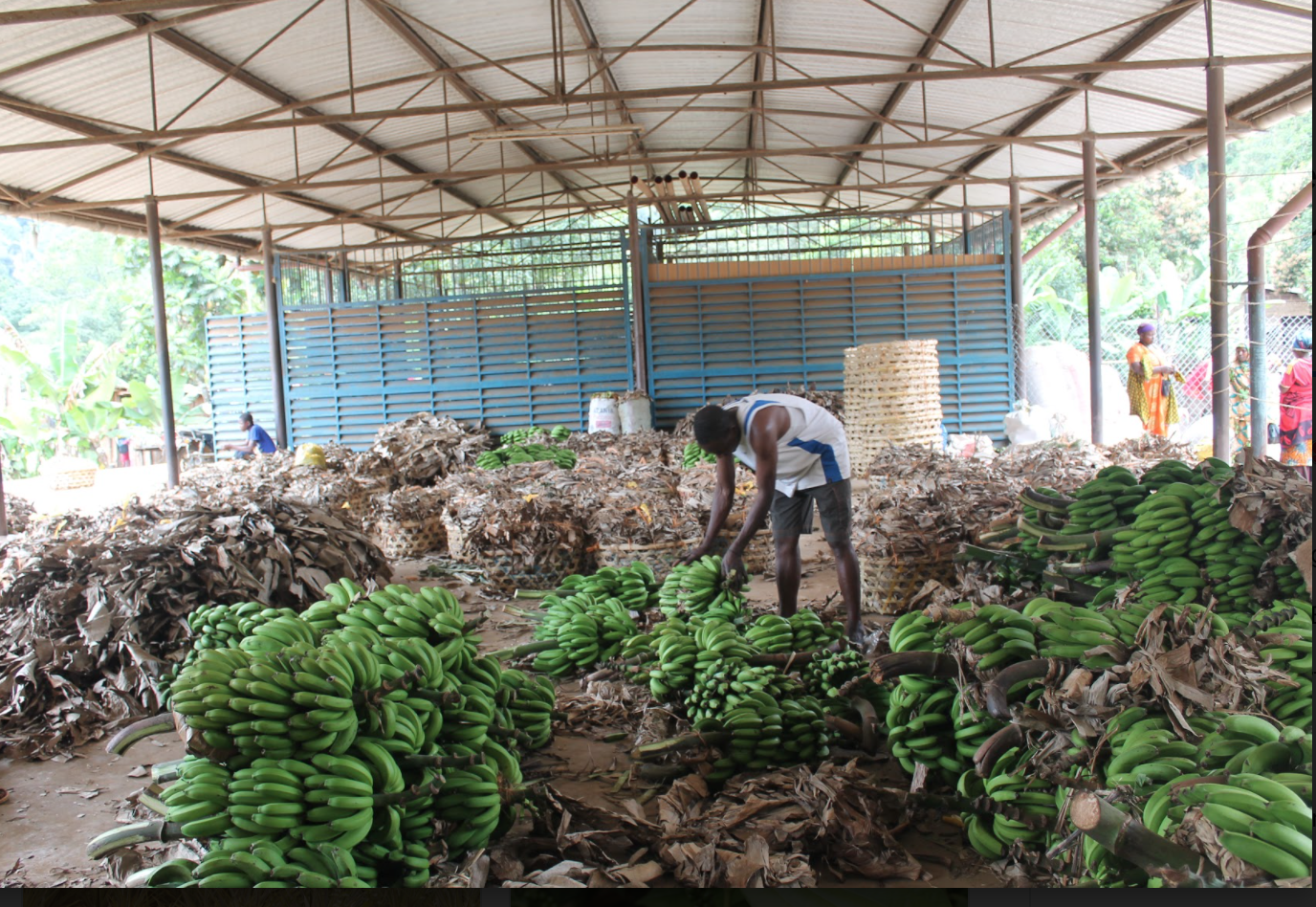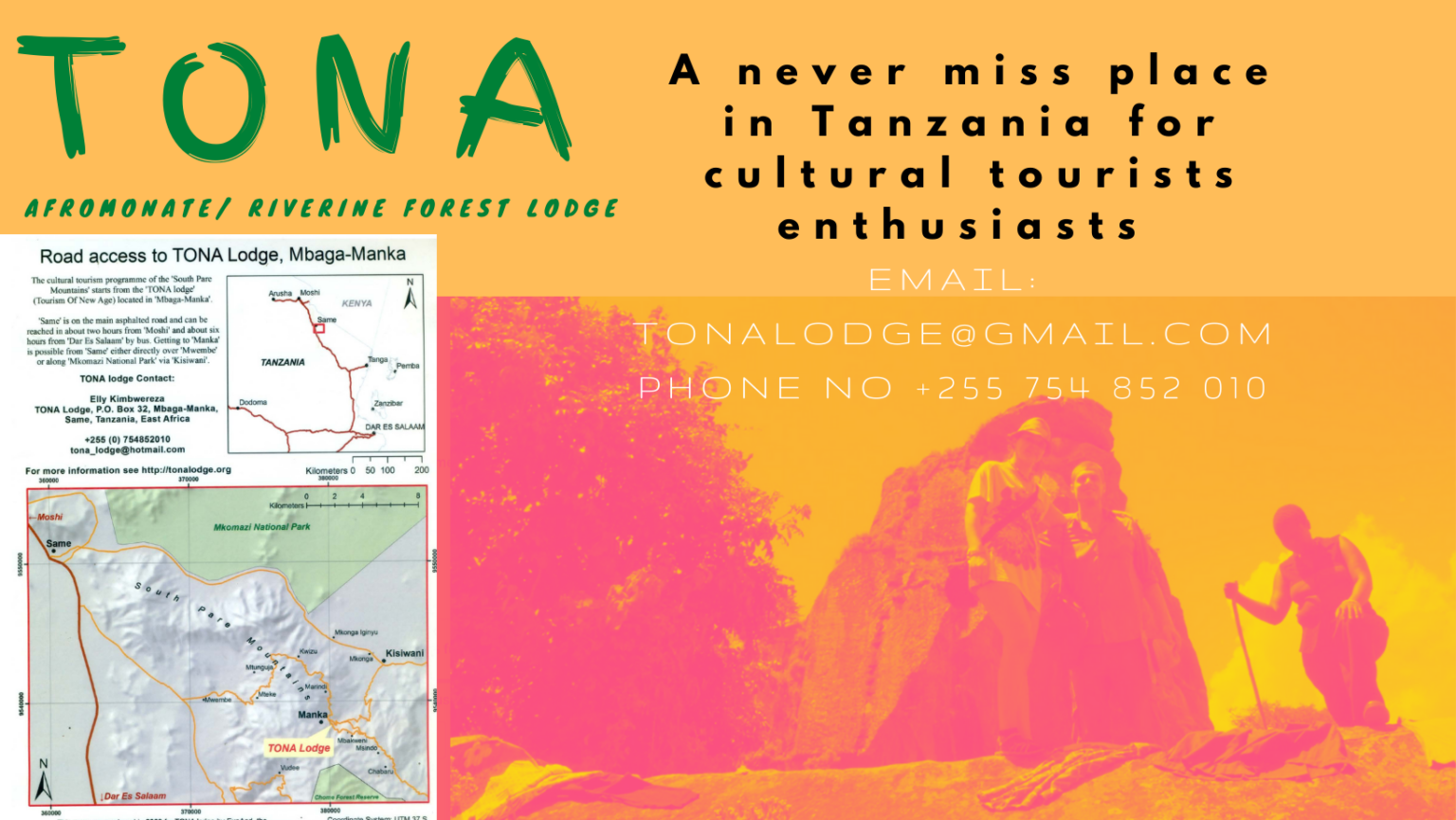The deal room should be used to increase agriculture sector value chain technology uptake for efficiency, increased technology uptake
Connecting investment-ready agricultural companies and projects to financiers, business services, and ecosystem partners from around the world, is a concept that needs to be encouraged, especially to increase technology uptake for efficiency along the sector value chain.
This was underpinned by the Deputy Permanent Secretary in the Ministry of Agriculture, Prof Siza TumboSpeaking in Dar es Salaam recently at a preparatory meeting the upcoming 10th AGRF Summit, which will be held virtually between the 8 – 11 September 2020 under the leadership of H.E. President Paul Kagame (Rwanda).
In as much as it is possible to get agriculture financing within the country, the question of investments in technology, which is vital for increased production and increased processing uptake, needs outreach outside Tanzania, he noted at the meeting which had brought the public and private sector in Dar es Salam together to prepare for “agribusiness deal room.”
The deal room will spearhead matchmaking and facilitate partnerships and investments in African agriculture, during the summit.
Tanzanians doing agribusiness will have an opportunity to link up with over 50 public and private investors from around the world to explore a wide range of investment opportunities.
According to Mr. Vianey Rweyendela, AGRA Country Manager (Tanzania) over 2000 delegates from around the world are expected to attend the 10th AGRF Summit to be held virtually from 8-11 September 2020 and will be co-hosted by the Government of Rwanda and the AGRF Partners Group. They are from governments, the civil society, the private sector, research community, and development partners from around the world.
Mr. Rweyendela appreciated the participation of the Tanzania Investment Centre (TIC), the Primary Agency of the Government to coordinate, encourage, promote, and facilitate investment in Tanzania, in the deal room preparatory meeting.
“TIC is best placed to showcase the investment opportunities in the country in the international forum as well as bringing Tanzania’s together who want to pitch at the deal room and make connections with financiers or partners,” he said.
“Tanzania has exceptionally attractive investment opportunities in agriculture and livestock sectors,” Ms. Diana Ladislaus Mwamanga, TIC representative, had said earlier at the meeting.
Tanzanians should talk confidently with foreign investors with the aim of entering into joint ventures or producing their own products that will benefit the agricultural and livestock value chain, she advised.
“Tanzania has improved the investment climate. Many levies and charges in the agriculture sector have been done away with,” she noted, and added that fishery regulations have also been changed, loopholes sealed so as to attract more investments,” she noted.
She called on Tanzanians who want to succeed in pitching up projects at the Agribusiness Deal Room to understand the changing nature of the investment climate. Tanzania offers many incentives to investors – both those that want to invest directly or through various collaboration models.
She told Tanzanians to have in mind considerations investors are looking for before investing, which include the country being a haven of peace, security, stability, and democracy, hence ideal.
She noted consistent economic growth, low inflation, a huge reservoir of natural resources for tourism, agriculture, natural gas, minerals, etc and an excellent natural environment makes Tanzania a suitable destination for investors.
Tanzania is also strategically surrounded by eight nations and three major ports serving 6 countries, three international airports and a market for 177 million people in East Africa, SADC 342 million people, with 650 million people in the Tripartite Free Trade Area (TFTA) – the proposed African free trade agreement between the Common Market for Eastern and Southern Africa (COMESA) market and AGOA market with 6000 products as well as the European market. Such factors among others make the nation a very attractive investment destination.
Dr. Salim Nandonde, the coordinator of ASDPll, noted that Tanzania agriculture had a huge investment potential. ASDP 11 clusters 3 has project opportunities worth $ 2.5 billion. If Tanzanians use the agribusiness room well and successfully pitch their projects, it will push to higher levels the implementation of ASDP 11.
Director of Policy Ministry of Livestock and Fisheries Dr. Andrew Komba noted that the government has made major framework changes in facilitating investments. “We have improved the business environment after the government abolished over 105 levies,” he said, adding that amendments were also made to make open sea fishing more accessible to Tanzanians.
The Ministry of Finance and Planning 2020/2021 budget clearly identified and abolished some levies and made investment more friendly.
“The recent changes are geared to improving the business environment for the agricultural and livestock sectors to grow. There are many investment opportunities and the business environment is more friendly,” he noted.
TPSF’s Victoria Michael encouraged the private sector to use the deal room platform for access to new capital for technology development. “We have so many opportunities in the country, especially in the agriculture sector,” she noted. She urged members of the business community to engage each other before pitching. Only reliable projects should be pitched that can attract investors.
According to Donald Mizambwa, AGRA Program Officer in Tanzania, who is leading the campaign to make the Forum success for Tanzania, the deal room was an ideal marketplace for Tanzanians to pitch their projects and take agribusiness a notch higher, especially in the drive for more production, markets, and industrialization.
Apart from experts’ dialogue on professional issues related to agribusiness and investment, traders and entrepreneurs seeking capital from $ 500 to $ 50 million, will have their day to pitch for funding.
The AGRF Summit 2020 “Deal Room” will facilitate substantive dialogue and connections among the four key stakeholders: Enterprises, Investors, Governments, AGRF Partners.
This will be achieved through eight underlying components that will be implemented in collaboration with these stakeholders. The components include:
- SME Matchmaking: Meetings between SMEs and investors seeking a wide range of capital needs (from US$100k to US$50m).
- Country Presentations: Opportunities for governments to generate investor interest and engage with key stakeholders.
- Sourcing in Africa: Platform for enterprises and farmer organizations to connect with anchor buyers and traders.
- Knowledge Program: Expert presentations and panels, knowledge sharing sessions and pitches.
- Enabling Environment and Investment Dialogues: public-private problem-solving sessions to address bottlenecks for selected deals.
- Platform of Partners: AGRF and technical partners supporting design and delivery of the Deal Room.
- Virtual Platform: A year-round tool enabling stakeholders to exchange contacts and identify common interests.
- Post-AGRF Summit Portfolio Management: A mechanism that will follow up on transactions post-AGRF Summit and potentially offer transaction advisory services
For more information visit
End


